

 Monday, December 16, 2013
Monday, December 16, 2013


[1770 - Ludwig van Beethoven, composer, born in Bonn, Germany]

[1773 - Boston Tea Party: Colonists dressed as Indians dump British tea cargoes in the bay as a protest against the tea tax]
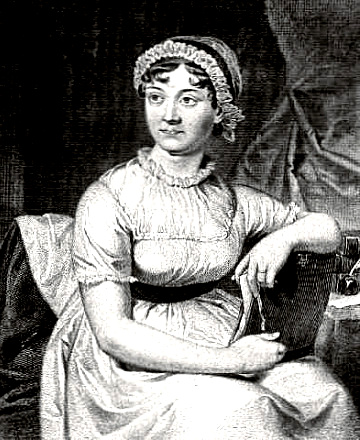
[1775 - Jane Austen, novelist, born in Steventon,
Hampshire, England]
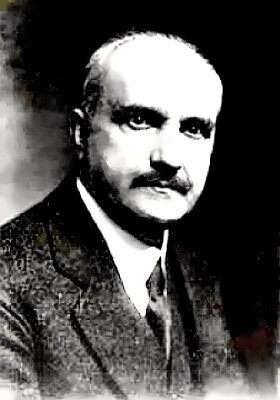
[1863 - George Santayana, philosopher,
born in Madrid, Spain]


[1899 - Sir Noel (Peirce) Coward, actor, playwright, born in Teddington, Middlesex, England]
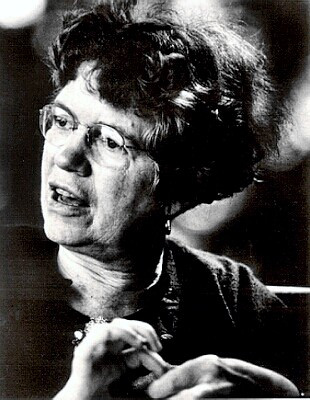
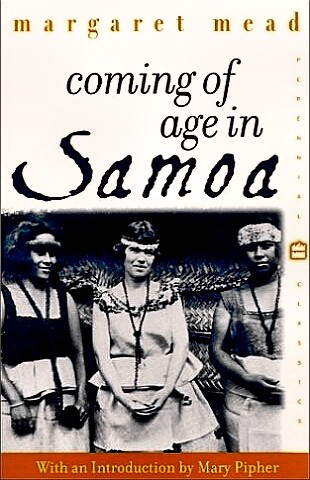
[1901 - Margaret Mead, Anthropologist, born in Philadelphia, Pennsylvania]

[1915 - Turk (Melvin Edward Alton) Murphy, band leader, jazz trombonist,
born in Palermo, Butte County, California]
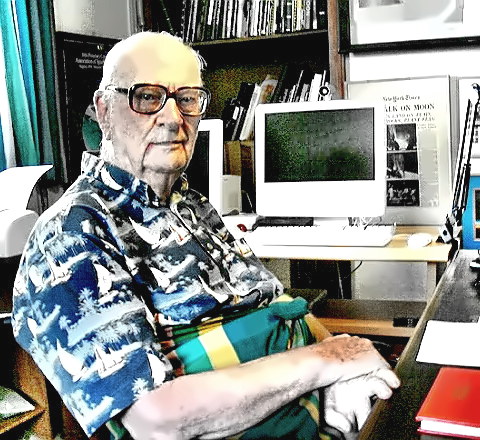


[1917 - Arthur C. Clarke, science fiction writer, born in Minehead, Somerset, England]


[1917 - Murray Kempton, Pulitzer Prize-winning newspaperman, born in Baltimore, Maryland]

[1920 - George (Louis) Schaefer, producer,
director, born in Wallingford, Connecticut]
Mead Indeed

In a discussion by learned scholars about traditional gender-specific child rearing roles in our society, one of the panelists referred to the work of Margaret Mead, and the studies that she made of sex and temperament in primitive societies. Having had the privilege to literally sit at the feet of Margaret Mead half a century ago in Chicago, william imagines that wherever she is now, she must be smiling that some of her work has withstood the test of time.
If we are to achieve a richer culture, rich in contrasting values, we must recognize the whole gamut of potentialities, and so weave a less arbitrary social fabric, one in which diverse human gifts will all find a fitting place.
Margaret Mead
Sex and Temperament

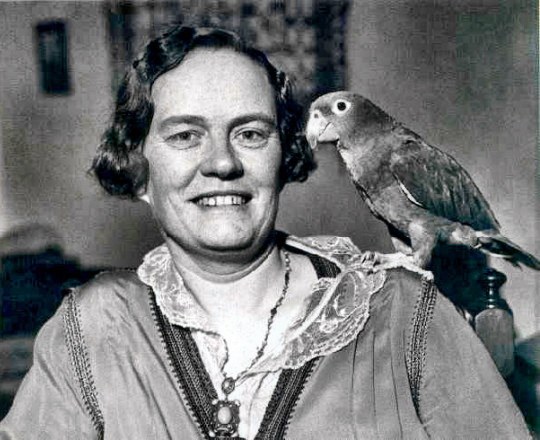
William's Whimsical Words:
Her ideas certainly have more merit than trying to impose our peculiar religious, cultural, and social values on the rest of the world.
 to Almanack Main Page
to Almanack Main Page
